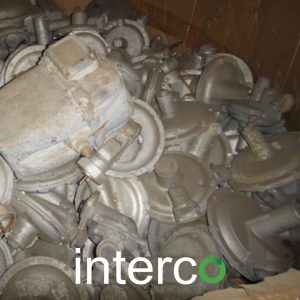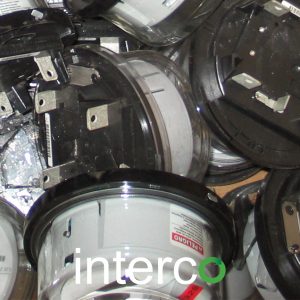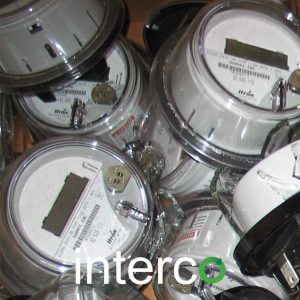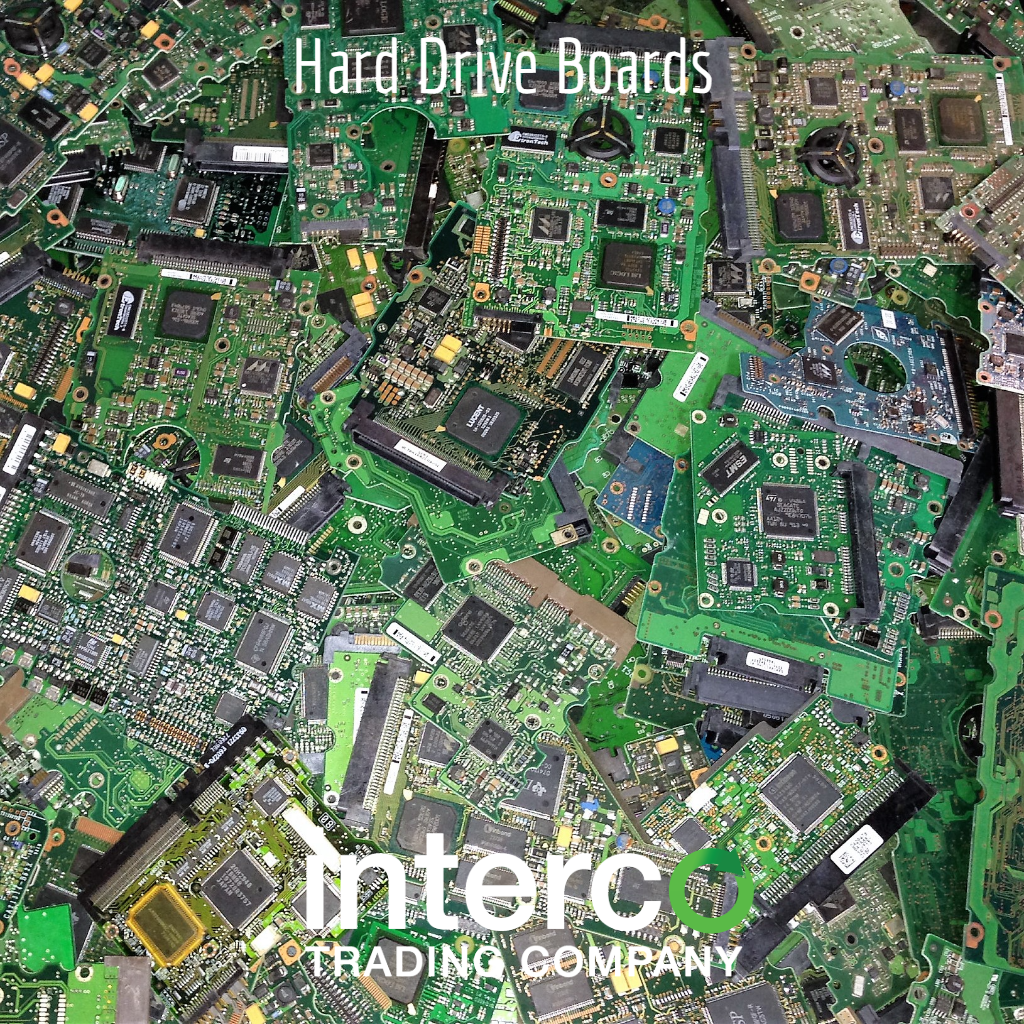Electric Meter Recycling in Baltimore
Interco works with electric companies and electric cooperatives to recycle electric meters. Electric meter recycling in Baltimore shows to be a necessary practice due to a ton of changes with the advancing electric meter technology.
Analog electric meters once required a meter reader to walk around neighborhoods, read the meters, then come back to the working environment. After all of that, they needed to physically enter the information to process a receipt for the services. Eventually, smart meters superseded analog meters. Smart meters changed the idea of data gathering for utility companies.

The introduction of smart meters implied meter readers never again needed to walk house-to-house. They could drive a well-equipped van through an area and gather the data transmitted directly. Smart meters continued superseding analog meters. Today manufacturers produce significantly much smarter meters equipped with 5G advancement. Thus, the new meters offer more exactness and data security and can pinpoint the precise zone of a meter within a few feet or less.
Electric associations will have more obsolete meters in the next decade than in the past 25 years combined because of these developments in technology. In this manner, associations must continue to recycle utility meters.
Preparing to Recycle Electric Meters
In order to recycle utility meters correctly, companies must understand the different kinds of meters:

- Analog meters with glass covers
- Digital meters with glass covers
- Digital meters with plastic covers
These meters have different characteristics and distinct preparation processes. Analog meters have the least amount of worth and commonly come with a glass cover that must be separated. Digital meters have more worth and conventionally have a plastic covering that does not need to be ousted. Glass covers weigh a lot and should be ousted from all scrap utility meters before recycling. Therefore, the glass covers weigh more than the meter itself and could possibly interfere with electric meter recycling in Baltimore. Removing glass covers exhibits to be fundamental to recycle utility meters.
In the wake of disconnecting different meters and possibly removing the cover, companies must pack their scrap utility meters for shipping. Packing loosely in palatalized Gaylord boxes continues being the best way to get scrap utility meters ready to be recycled. Thus, this capable system considers straightforward stacking and discharging, viable trailer stacking, and diminished transportation costs. Interco can provide pallets and pressing supplies for shipping if associations need them.
Why Recycle Electric Meters
After Interco gets the properly packaged scrap utility meters without glass coverings, the method to recycle electric meters begins. Interco has many years of experience in electric meter recycling in Baltimore. This experience licenses Interco to have up to a 98% material recycling and recovering rate. As a result, Interco will continue with this rate by:

- Detaching stainless steel rings and collars
- Refining all non-ferrous and ferrous metals
- Disconnecting circuit boards
- Baling cardboard boxes
Along with preventing the landfilling of scrap utility meters, electric meter recycling in Baltimore gives additional benefits. When Interco continues to recycle electric meters, various materials can be found inside the meters:

- Insulated copper wire
- Aluminum ground wire
- Brass screws
- Printed circuit boards
- Steel
Conclusion
The need to recycle utility meters builds up every day. Technology has grown such a great amount and will continue to do so. Therefore, the proportion of obsolete electric meters will simply continue developing. Reliable associations must find the right recycler to send their scrap to. Finally, Interco recycles thousands of meters each year. Click here if you have any questions on how to recycle electric meters with Interco.